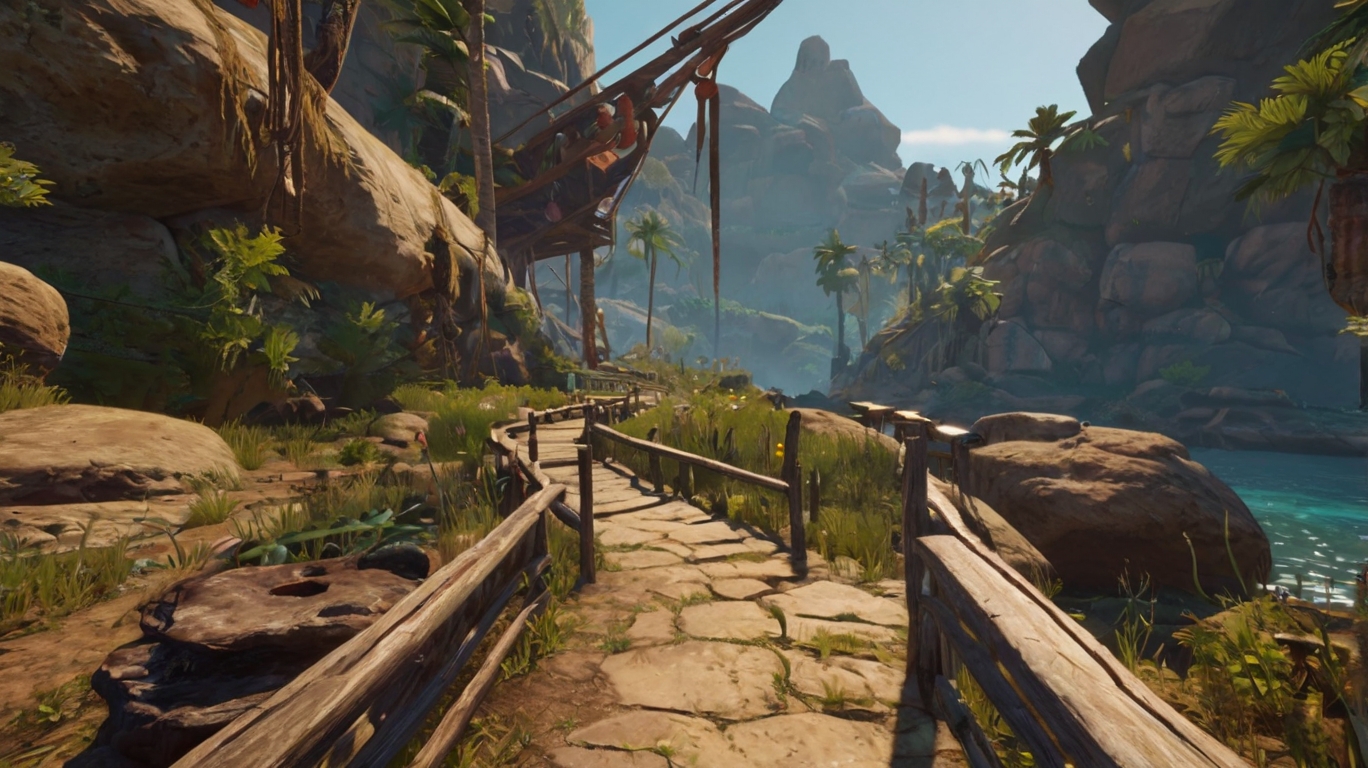
The most crucial choice a team must make in game creation is to employ an off-the-shelf game engine or create a new one from the ground up. Both approaches have benefits, but a common misperception among developers is that custom engines are inferior to off-the-shelf options. This article will address the benefits and drawbacks of each choice, clear up some frequent misunderstandings, and offer suggestions for the best choice for your project.
Misconceptions About Building a Custom Engine
1. “It’s cheaper to build from scratch.” By building their own engine, many teams plan to save money on the licensing fees associated with off-the-shelf engines. While avoiding a fee may seem attractive, the cost of developing a custom mechanism often outweighs the savings. Building a robust game engine requires considerable time and expertise. Development costs include hiring specialized programmers, investing in tools and infrastructure, and spending potentially years in development. For small and mid-sized teams, this can become an unsustainable investment.
2. “A custom engine will always be more optimized.” While a custom engine may provide optimizations specifically for your game, it doesn’t necessarily mean it will outperform established engines. Modern game engines have been improved by updates, improvements, and widespread use in various games. Achieving the level of optimization that these engines provide right out of the box takes a lot of effort and experience.
3. “We’ll have total creative freedom.” Potentially, creating a custom engine can give you more control over certain features. But overseeing small issues like memory management, physical systems, and graphics pipelines can distract from gameplay. While an off-the-shelf engine may have some drawbacks, it often includes tools that allow enough creative freedom to avoid having to start from scratch.
Benefits of Using Ready-Made Engines
1. Pre-built Libraries and Tools Well-known engines offer several advantages, including extensive libraries, pre-made systems, and asset pipelines. These engines contain physics, AI, sound, and animation technologies that have been fine-tuned over many years of development. This speeds up the development process, allowing teams to focus on game design and content creation rather than engine mechanics.
2. Broad Platform Support Engines like Unity and Unreal have built-in support for multiple platforms, including PC, mobile, and consoles. With only little code base modifications, developers may distribute games to several platforms. Building a custom engine that supports multiple platforms requires a significant investment of both time and resources, especially as platforms evolve.
3. Robust Community and Documentation Popular engines have extensive documentation and strong development teams. This is useful for both installing new features and removing them. When using a proprietary mechanism, there is no immediate support network, which can cause delays when trying to solve complex problems on your own without the help of an expert.
4. Proven Performance and Reliability Hundreds of games have already been created on ready-made engines. They have proven themselves capable of handling complex projects, from AAA blockbusters to smaller indie games. Since commercial engines have undergone years of optimization, debugging, and polishing, using one of them ensures that your game runs smoothly on a variety of hardware configurations.
Reasons to Build a Custom Engine
Despite the many advantages of using a pre-built solution, there are certain situations where creating a custom mechanism may be warranted.
1. Specialized Requirements Some games have unique needs that off-the-shelf engines cannot effectively meet. An example would be a game that requires highly specialized mechanics or performance optimization. A custom engine may be necessary when developing a game with a real-time physics simulation or a large-scale multiplayer system.
2. Maximum Control and Optimization For studios working on ambitious projects where control over every aspect of the engine is critical, a dedicated engine can provide the freedom to implement very specific optimizations. This can lead to better performance, especially for hardware projects or high-tech games with state-of-the-art graphics.
3. Long-Term Investment If your studio is planning a series of games with similar mechanics, a custom engine can be a long-term investment. Although the initial development is expensive, having a proprietary mechanism allows the technology to be reused across multiple projects.
4. No Licensing Restrictions The use of off-the-shelf mechanisms is often accompanied by licensing agreements, revenue-sharing models, or other restrictions. For studios that want to avoid these restrictions, creating their engine can provide greater financial and creative freedom. This is especially true for large studios that want to maintain full control over their intellectual property.
Conclusion: Which is Right for Your Game?
The decision to build your own engine or use a ready-made solution ultimately depends on the scope and specific needs of your project. Ready-made engines offer speed, support, and a wealth of built-in tools that can dramatically reduce development time. For most games, especially those on tight schedules or with limited budgets, an established engine is likely the best choice.
However, for projects with unique requirements or long-term plans, investing in a custom engine can provide significant advantages. By weighing the pros and cons carefully, you can make the right decision for your game development journey.




